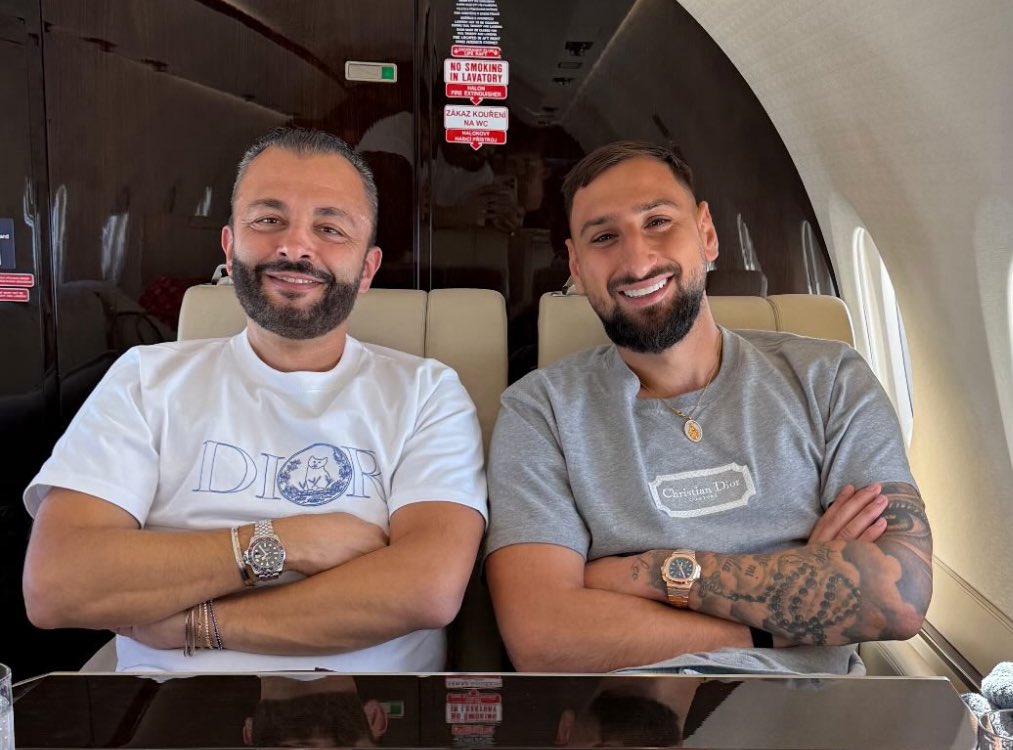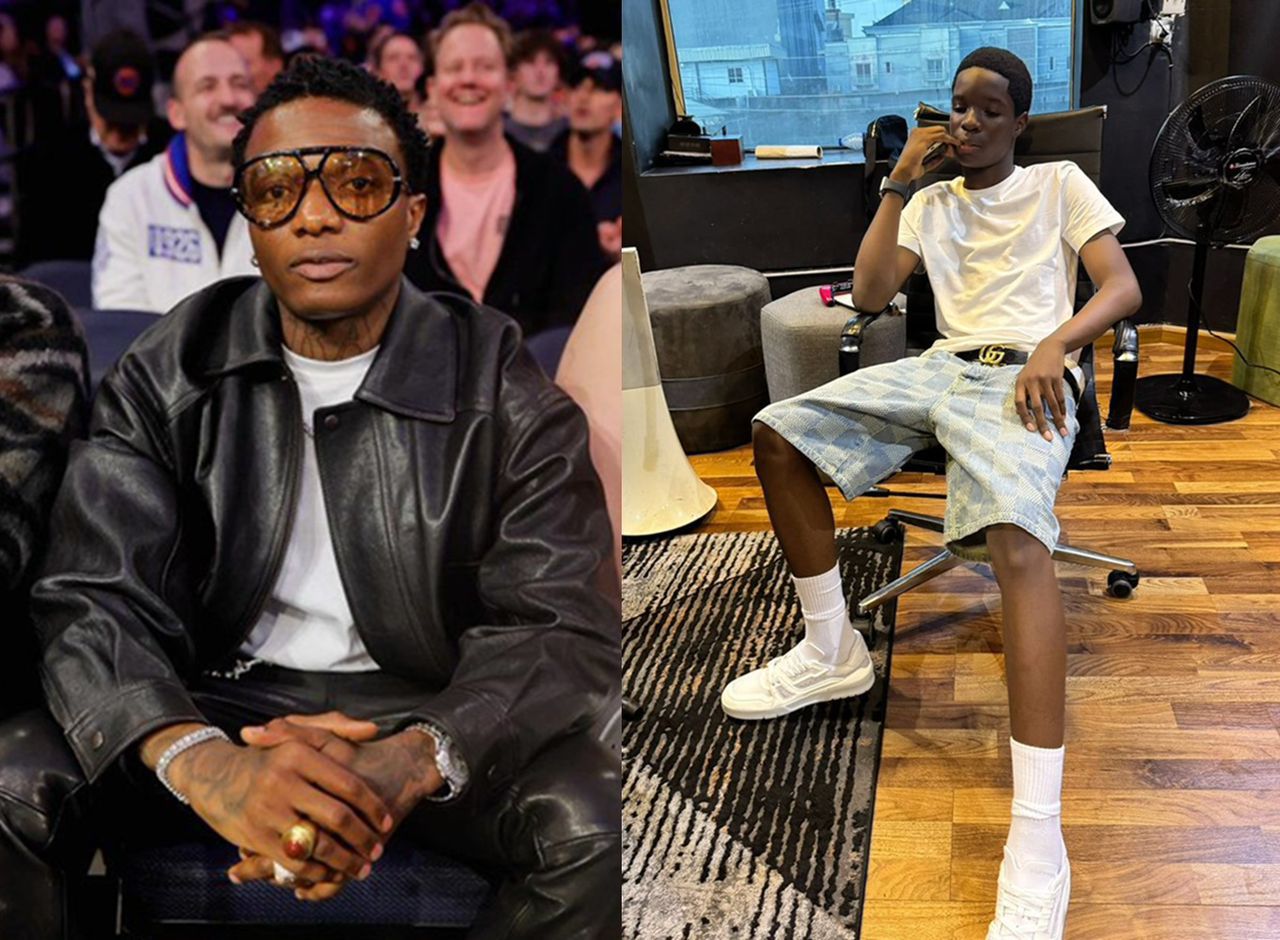
Gianluigi Donnarumma Joins Manchester City in Deadline Day Blockbuster as Raiola Legacy Shapes Transfer

The final hours of the summer transfer window once again delivered high drama, as Gianluigi Donnarumma was confirmed as Manchester City’s new number one in a Deadline Day coup that shook European football.
The 25-year-old Italian goalkeeper, traveling alongside his agent Enzo Raiola, sealed the move after completing a swift medical in Florence before boarding a flight to Manchester. By the time the window slammed shut, Pep Guardiola had his new guardian between the posts — and City had replaced Ederson with one of the most coveted keepers in the world.
The move was orchestrated with surgical precision, a reminder of how the biggest agents in world football leverage timing to extract maximum value. A 2021 study in the Journal of Sports Economics revealed that 68% of high-profile transfers are finalized in the final 48 hours of the window, when clubs and agents are most desperate and negotiations move fastest. Donnarumma’s switch to the Etihad is the latest case study in the tactical brilliance of transfer brinkmanship.
At the heart of the deal was Enzo Raiola, nephew of the late Mino Raiola, whose name became synonymous with the super-agent era. Enzo has quietly built his own reputation, carrying forward his uncle’s legacy of representing elite talents. By engineering Donnarumma’s move to Manchester City, he has demonstrated both his influence and his ability to navigate Europe’s fiercest markets. For City, it represents not just a signing, but the kind of statement deal that reshapes tactical identity.
Ederson, who departs after seven years of redefining the modern goalkeeper role, leaves behind staggering numbers: a 90.5% pass accuracy in the 2024/25 Premier League season, according to Opta, made him one of the most precise distributors in the world. Yet Guardiola’s decision to turn to Donnarumma signals a subtle but important shift. The Italian, while less flamboyant with the ball at his feet, offers sheer dominance in shot-stopping, aerial command, and penalty duels — attributes City have lacked at critical moments in Europe.
For Donnarumma, the transfer also marks another step in a career already heavy with milestones. From breaking into AC Milan’s first team as a teenager to winning Euro 2020 with Italy, he has carried the weight of expectation with mixed fortunes at PSG. Now, with Guardiola’s possession-heavy system behind him, he faces the challenge of evolving once more, blending traditional reflexes with the high demands of City’s tactical build-up.
Beyond the pitch, the deal also reflects the growing influence of football agents in the post-Bosman era. Since the 1995 ruling that gave players greater freedom of movement, the role of representatives has ballooned. Data from the CIES Football Observatory shows a 150% increase in agent-involved transfers since 2000, underlining how figures like Raiola have reshaped modern football. In many ways, Donnarumma’s move is not just a transfer story but part of a wider narrative — the power of agents to dictate the flow of elite talent across Europe’s top leagues.
For Manchester City fans, the Deadline Day shock will take some time to settle in. Ederson’s departure is the end of an era, but Donnarumma’s arrival is the start of another. As the Italian giant prepares to don the sky blue shirt, the expectations are immediate: defend City’s Premier League crown, and more importantly, help Guardiola deliver the one trophy that has eluded them — sustained Champions League dominance.
And as the dust settles on another fevered transfer window, one thing is clear: the Raiola influence remains as powerful as ever, and Manchester City may have just pulled off the signing that defines their next chapter.


